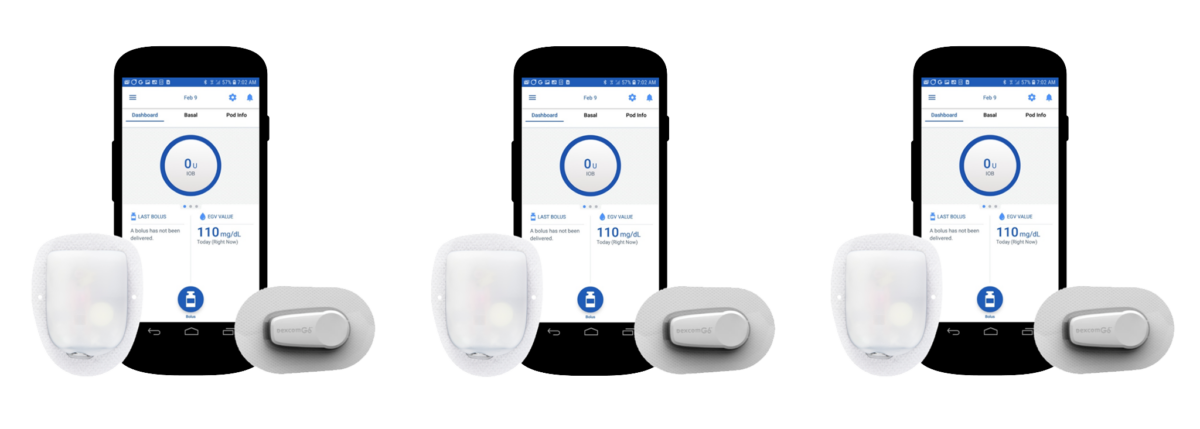Race, Racism, and Diabetes Research
Written by: Liz Cambron-Kopco
3 minute read
June 6, 2022
Coverage of the ADA Scientific Sessions is brought to you by the ADA x BT1 Collab.
A panel of experts at the 2022 American Diabetes Association discussed the role of racism in diabetes health disparities and why it is still a problem today.
Presentation: Race, Racism and Diabetes Research
Speakers at this ADA Scientific Sessions presentation included: Arleen Tuchman, PhD (Vanderbilt University Medical Center), Clarence Gravlee, PhD (University of Florida), Marshall Chin, MD/PhD (University of Chicago), Elizabeth Selvin, PhD/MPH (Johns Hopkins Bloomberg School of Public Health)
It is no surprise that communities of people of color (POC) tend to have more health complications due to a lack of access to care and resources. For years, the healthcare system has placed the blame of disease on the patient and neglected to address the racism in health care institutions instead.
Challenges for anti-racist practices:
- POC have significant distrust and mistrust of the health care system.
- POC have lower ratings of patient experience measures.
- Health care provider trainees generally are not well trained in how to address racism and implicit bias.
- Most clinician-patient interactions are structured (checklists) rather than meeting patients where they are at (natural conversations).
- Lack of intentional anti-racist lens in practice.
Dr. Marshall Chin pointed out that research and providers have been asking the wrong types of questions, focused around race instead of racism.
Race-focused
Why do Black children with asthma have higher rates of hospitalization than white children with asthma?
Racism-focused
Why is our health system less successful helping Black children with asthma avoid hospitalizations than white children with asthma?
Why it matters: Several panelists emphasized that race is a social construct, not a genetic basis. A person’s race should not play a deciding factor on their care, but rather their individual genetics. An example provided stated that many African-American people with diabetes were not having their A1C tested because of their race having historically higher A1C levels, deeming the test “inadequate”. This “racialized care” is actually doing more harm by not sufficiently measuring and monitoring each individual’s care.
“For us to really make the progress we need, we have to explicitly name racism, have that discussion, and then address the barriers and then the solutions, but it can only be done if we have these discussions about what racism really is”, Chin stated.
Where it stands: Racism in diabetes care and research still has a way to go, but this panel among other providers and researchers, are continuing to have these tough but much needed conversations in order to better serve the diabetes community. Researchers need to start asking the right questions and providers need to receive better training and resources in order to provide the diabetes community the care it deserves.

Author
Liz Cambron-Kopco
Liz has been living with type 2 diabetes since 2014, but grew up surrounded by it as a first-generation Mexican-American. With a bug for research, Liz pursued a PhD in molecular biology and spent her early career studying insulin signaling in invertebrates to understand how insects’ tiny little bodies work. Along with advocating for women and girls in STEM, Liz shares her personal journey with diabetes on her social media platforms to help teach people to become their own advocates. Her passion for advocacy led her to join the Beyond Type 1 team. When she’s not advocating, Liz enjoys hiking... Read more
Related Resources

On November 20, 2024, Medtronic received FDA clearance for its latest InPen app. This advancement...
Read more

Eli Lilly and Company is helping patients and caregivers understand important changes to Medicare Part...
Read more

Already compatible with Dexcom’s G6 and G7 continuous glucose monitors (CGMs), the Omnipod 5 Automated...
Read more

